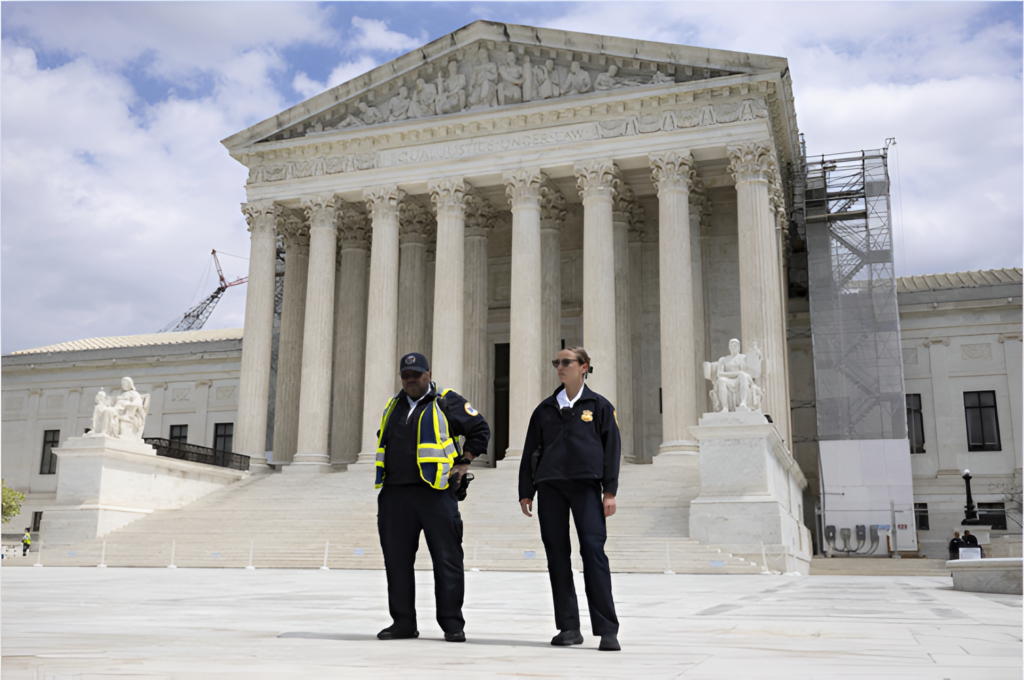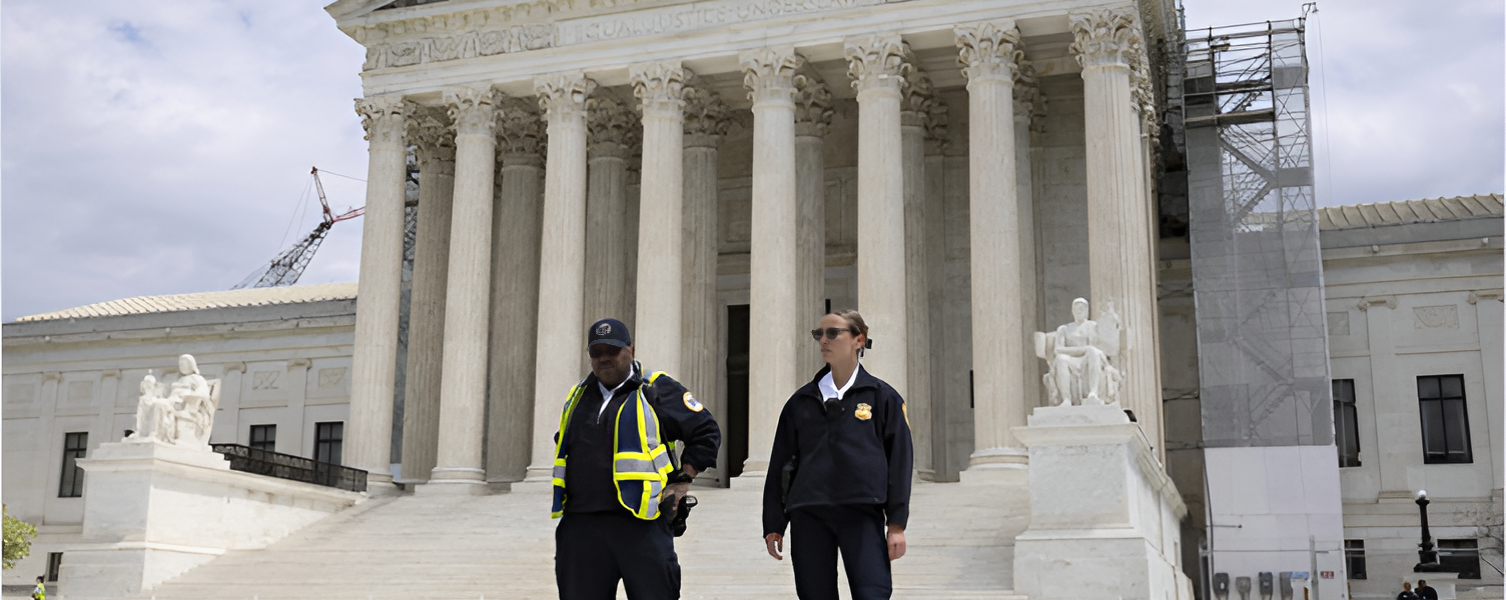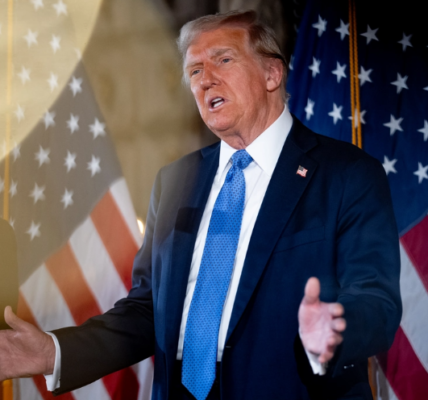
The U.S. Supreme Court is on the verge of making a historic decision that could radically reshape the powers of the presidency, particularly with regard to criminal immunity. At the heart of the case is former President Donald Trump’s bid for immunity from criminal prosecution. While the immediate impact will be on whether presidents can evade prosecution for criminal acts, the ruling may also have a far-reaching impact on another presidential power: the pardon power.
The pardon power, granted in the U.S. Constitution, is a vestige of monarchical rule. For the framers, it was intended as a tool to promote social unity and to be used sparingly. Yet, the Supreme Court seems poised to use the near-limitless nature of the pardon power as a model to expand presidential powers, granting presidents greater immunity from prosecution. This potential shift threatens the balance of power in American democracy.
Many justices appear to be under the assumption that the pardon power is unrestricted—unlike almost every other presidential power—and could be used to justify actions, including criminal acts, committed by presidents. During oral arguments, the justices raised the possibility that future presidents could offer pardons in exchange for loyalty or use their powers to protect themselves from legal consequences, including pardoning themselves at the end of their term.
This could pave the way for a president to commit crimes in office and then issue pardons to cover up those actions, thereby creating an unprecedented level of immunity. Such a development would shatter the longstanding assumption that no one, not even the president, is above the law. The very essence of American democracy rests on the idea that elected officials, including the president, are accountable to the people and subject to the law.
The founders of the United States had no illusions about monarchy. The nation was conceived as a repudiation of the rule of King George III, who believed his sovereignty was divinely ordained and above reproach. The framers, therefore, were cautious in granting the president the power to pardon, viewing it as a tool to ensure national unity and healing during times of rebellion, not as a means of granting blanket immunity to the chief executive.
The problem arises when the pardon power is viewed as absolute, without any checks or balances. While the Constitution does limit pardons in some cases—such as preventing pardons for impeachments or for crimes that haven’t been committed yet—the scope of presidential pardons has largely gone unchallenged. In this context, the Court’s current stance may signal a troubling precedent that could stretch the presidential power beyond its original intent.
For instance, the justices have hinted that a president may use the pardon power to avoid prosecution for criminal acts, creating a dangerous loophole for a president to escape accountability. Some justices have even suggested that a president could issue a preemptive pardon for himself, securing immunity before leaving office.
Moreover, the Court’s failure to question this assumption means that we may be heading toward a scenario where future presidents, undeterred by the fear of prosecution, might engage in criminal activity with the knowledge that they can pardon themselves or their associates at will.
As the Court deliberates on Trump’s case, it is crucial to recognize that this issue extends far beyond one individual. It is about ensuring that the highest office in the land is not above the law. The pardon power was never intended to be a vehicle for shielding presidents from prosecution or facilitating criminal behavior. If the Court upholds this dangerous expansion of presidential powers, it could fundamentally alter the structure of American democracy, concentrating more power in the hands of the president and undermining the principle of accountability.
While the issue of presidential immunity and pardons may seem like a technical legal matter, it has profound implications for the future of American democracy. If left unchecked, it could lead to a situation where the president effectively becomes a monarch, immune from prosecution and unaccountable to the people.
In conclusion, the decision in this case could shape the presidency for generations to come. It is essential for the Court to consider the broader implications of granting unchecked power to the executive branch and to ensure that the president remains, as the founders intended, accountable to the law and the people.





